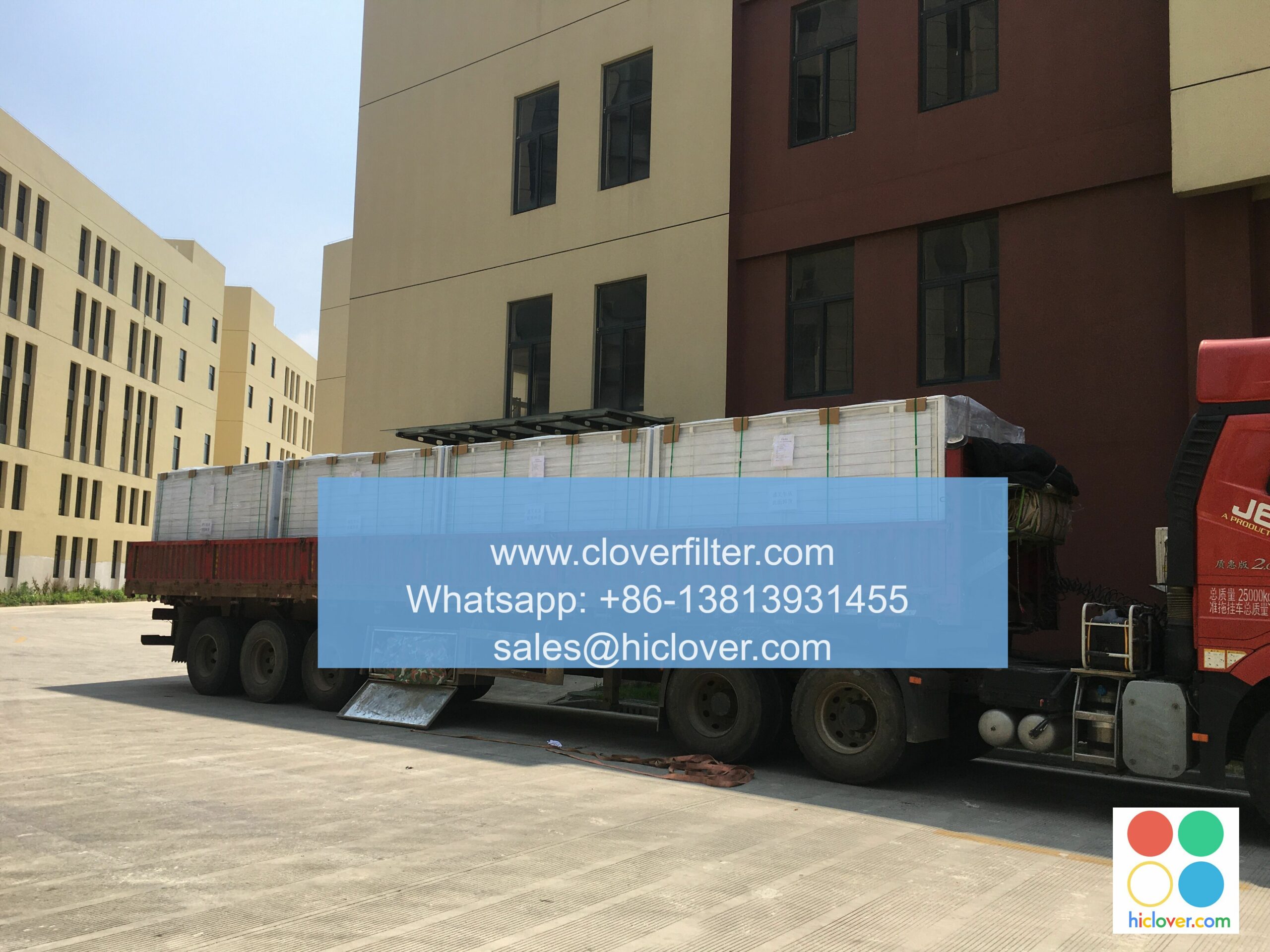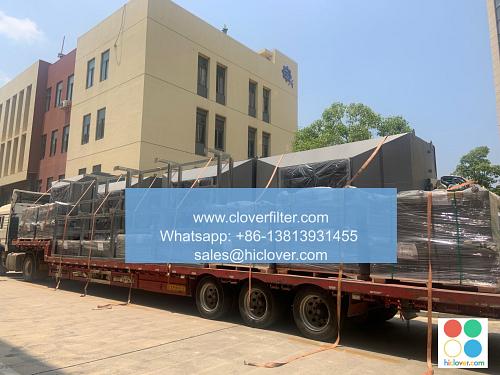Guelph Food Research Lab’s Air Filtration System Upgrade: From Traditional to Automatic Roll Air Filters

The Guelph Food Research Lab, a renowned institution in the field of food science and technology, has recently undergone a significant upgrade to its air filtration system. The lab, which is part of the University of Guelph, has replaced its traditional air filtration system with a state-of-the-art automatic roll air filter system. This upgrade is expected to improve the overall air quality within the lab, reduce maintenance costs, and increase the efficiency of the lab’s operations.
The traditional air filtration system used in the lab previously consisted of a series of static filters that needed to be manually replaced on a regular basis. This not only required a significant amount of time and labor but also posed a risk to the lab’s occupants, as the old filters had to be handled and disposed of manually. In contrast, the new automatic roll air filter system uses a continuous roll of filter media that is automatically advanced as it becomes saturated with contaminants. This eliminates the need for manual filter replacement and reduces the risk of exposure to airborne contaminants.
The new air filtration system is also more efficient than the traditional system, as it is capable of capturing a wider range of airborne contaminants, including particles, gases, and vapors. The system uses a combination of pre-filters and final filters to ensure that the air within the lab is as clean as possible. The pre-filters capture larger particles, such as dust and dirt, while the final filters capture smaller particles, such as bacteria and viruses.
In addition to improving the air quality within the lab, the new air filtration system is also expected to reduce maintenance costs. The traditional system required frequent filter replacements, which not only cost money but also required a significant amount of time and labor. The new system, on the other hand, uses a continuous roll of filter media that can be easily replaced when it becomes saturated. This reduces the need for frequent filter replacements and minimizes the risk of downtime due to maintenance.
The implementation of the new air filtration system is also expected to increase the efficiency of the lab’s operations. The traditional system required lab personnel to spend a significant amount of time maintaining and replacing filters, which took away from the time they could spend on research and other activities. The new system, on the other hand, is automated and requires minimal maintenance, freeing up lab personnel to focus on their core activities.
The Guelph Food Research Lab’s decision to upgrade its air filtration system is a significant investment in the health and safety of its occupants, as well as the overall efficiency of its operations. The new system is expected to provide a range of benefits, including improved air quality, reduced maintenance costs, and increased efficiency. As the lab continues to conduct cutting-edge research in the field of food science and technology, the new air filtration system will play a critical role in ensuring the health and safety of its occupants and the success of its operations.
The upgrade to the air filtration system is also a testament to the lab’s commitment to innovation and excellence. The lab is constantly looking for ways to improve its operations and stay at the forefront of its field, and the new air filtration system is just one example of this commitment. As the lab continues to evolve and grow, it is likely that we will see even more innovative solutions and technologies implemented in the future.
In conclusion, the Guelph Food Research Lab’s air filtration system upgrade is a significant improvement over the traditional system. The new automatic roll air filter system provides improved air quality, reduced maintenance costs, and increased efficiency, making it a valuable investment in the health and safety of the lab’s occupants and the success of its operations.
Conclusion
The Guelph Food Research Lab’s air filtration system upgrade is a significant step forward in terms of improving the health and safety of its occupants and the overall efficiency of its operations. The new automatic roll air filter system provides a range of benefits, including improved air quality, reduced maintenance costs, and increased efficiency. As the lab continues to conduct cutting-edge research in the field of food science and technology, the new air filtration system will play a critical role in ensuring the health and safety of its occupants and the success of its operations.
FAQs
Q: What is the main difference between the traditional air filtration system and the new automatic roll air filter system?
A: The main difference is that the traditional system uses static filters that need to be manually replaced, while the new system uses a continuous roll of filter media that is automatically advanced as it becomes saturated with contaminants.
Q: What are the benefits of the new air filtration system?
A: The benefits of the new system include improved air quality, reduced maintenance costs, and increased efficiency.
Q: How does the new system improve air quality?
A: The new system improves air quality by capturing a wider range of airborne contaminants, including particles, gases, and vapors.
Q: Is the new system more efficient than the traditional system?
A: Yes, the new system is more efficient than the traditional system, as it is automated and requires minimal maintenance.

